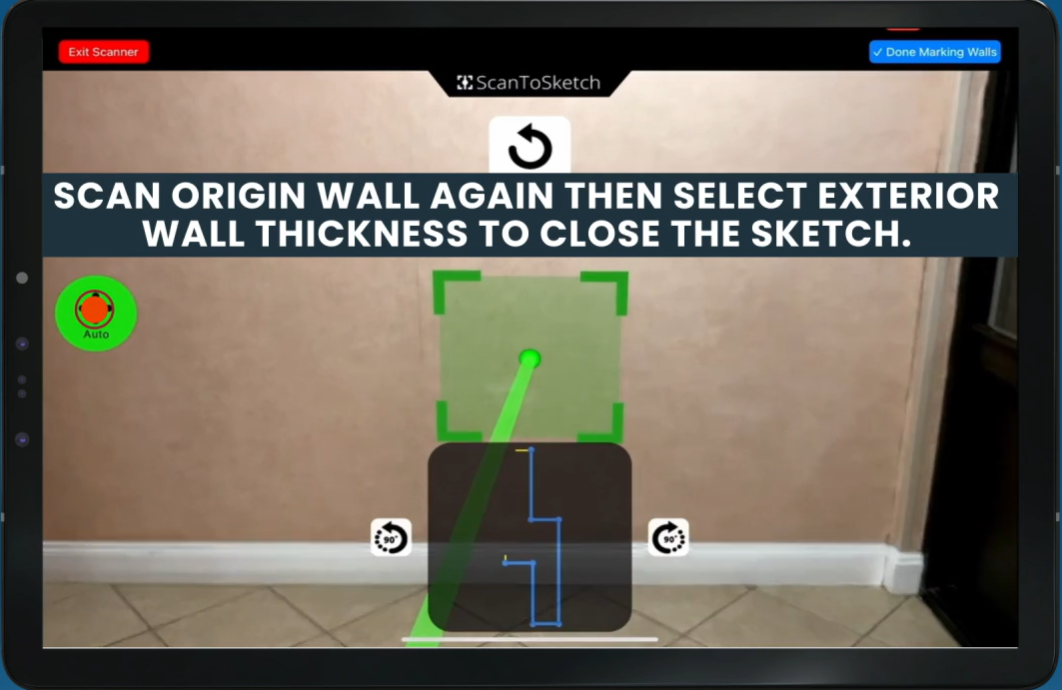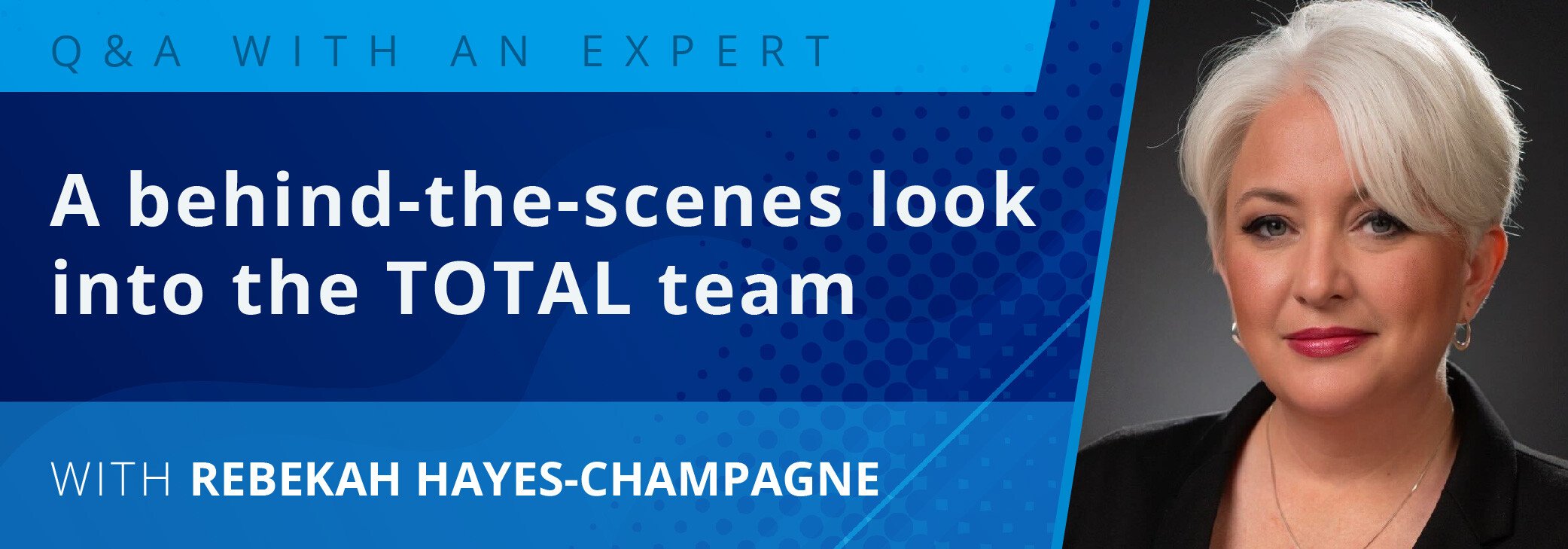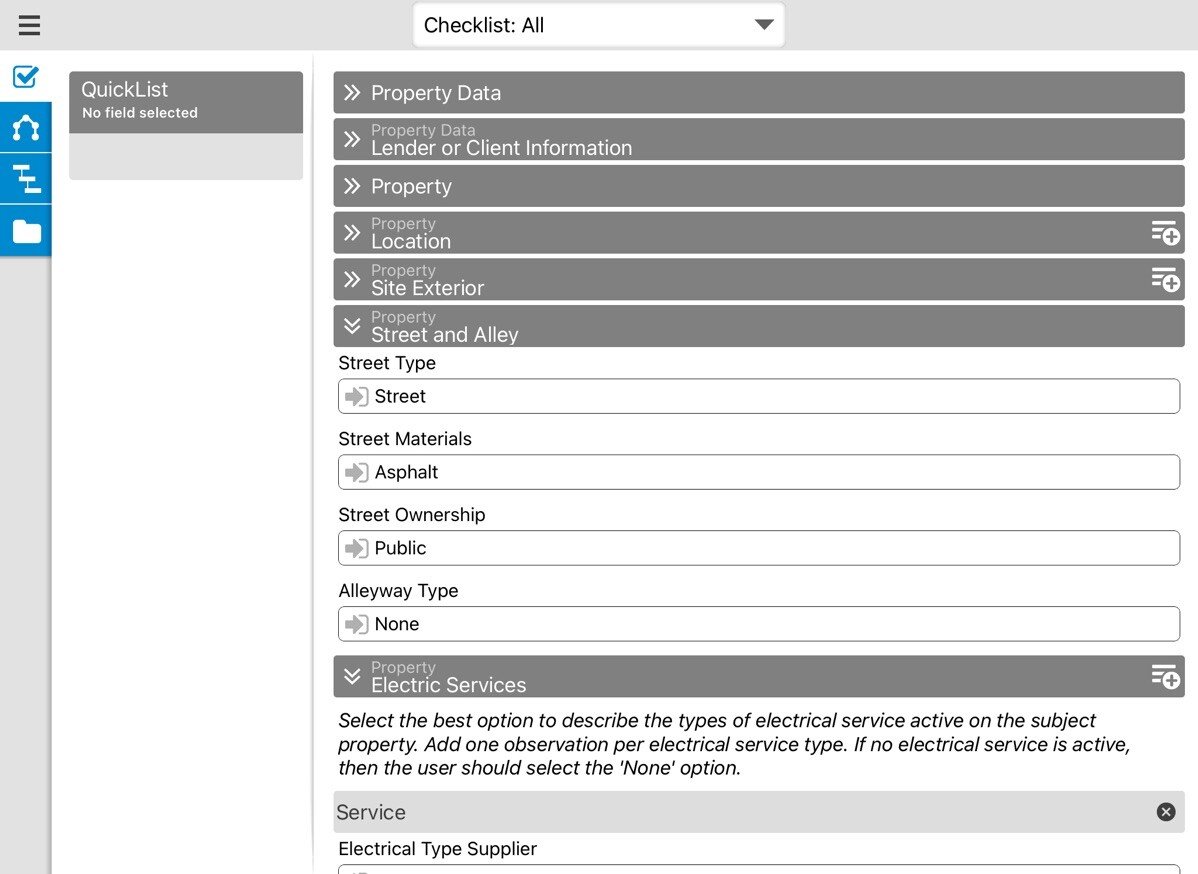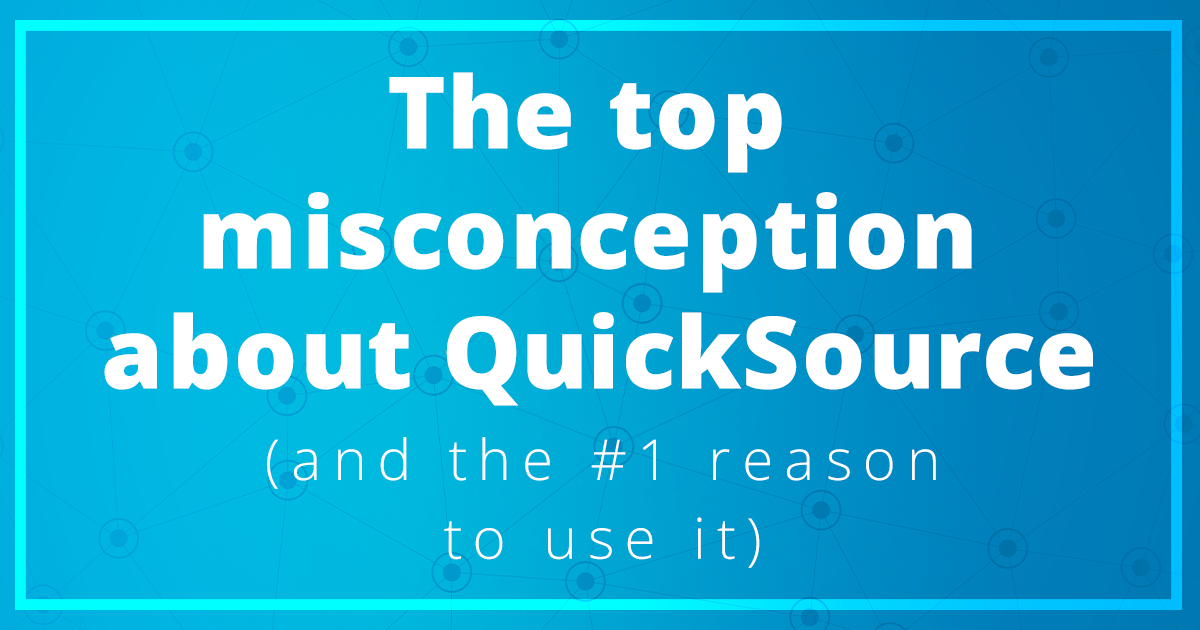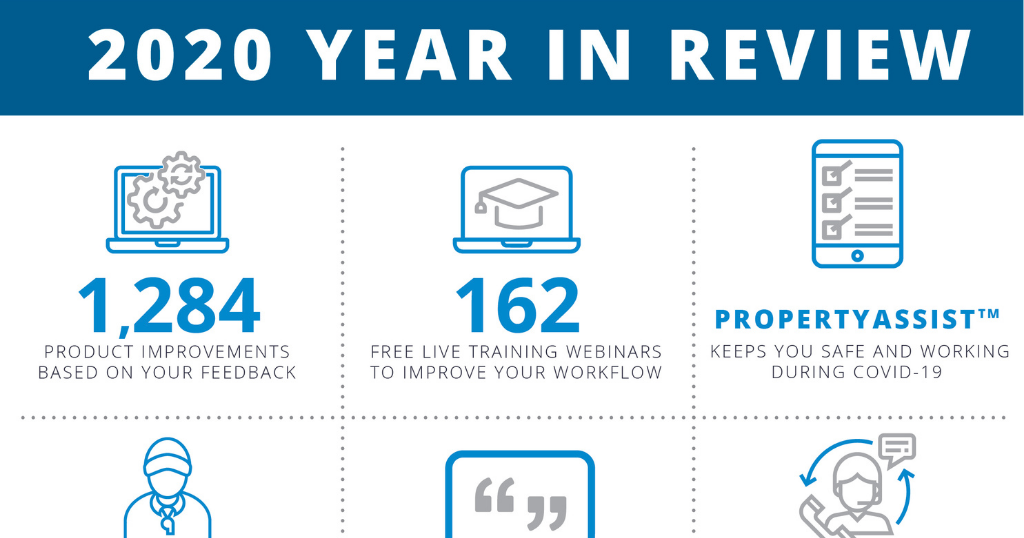We promised last week we’d continue our look at factors which may be artificially inflating property values. A more widespread and systemic factor may be seller concessions and other creative financing, and seller assisted down payments. Many of you wrote in last week to agree.
One appraiser wrote: “A prime example would be a $200,000 sales price agreed upon by buyer and seller. The [real estate agent] or mortgage broker suggest the seller help pay the buyer’s closing costs (especially if buyer is short the needed money to close). The seller, not wanting this to impact his bottom line, adds the ‘lender’s allowable’ [by HUD] six percent seller contribution to the sales price, creating a false secondary contract with a new sales price of $212,000. Now the appraiser is ‘pressured’ by all parties to value the property at the new inflated sales price.
“The compounding effect is that when this property closes, it is recorded as a $212,000 sales transaction, when it is in reality only a $200,000 sale. And rest assured, this sale will be utilized in every appraisal report performed in that neighborhood for the next six to 12 months.
“Multiply this by numerous transactions which include seller concessions, and you can see the impact on property values within the marketplace. Even in the refinance market, everyone with a $200,000 home in this area swears that their home is actually worth $212,000 now, and so on, and so on, and so on!”
The Real Estate Commission and Board of Real Estate Appraisers of the state of Colorado issued a joint position statement on seller assisted down payments last summer, “to address mutual concerns” among appraisers and real estate brokers about the inflationary effect on property values. As far as we know, it’s one of a kind; if you’re aware of a similar policy statement in your state, please write the editor.
“Accurate sales data is crucial for appraisals and comparative market analysis (CMA) work products,” the statement said. “Both appraisers and real estate brokers can effectively work together to maintain the safeguards that accurate sold data affords.” (A CMA is an opinion on what a property would be likely to sell for by a real estate agent or broker familiar with the sales activity in the neighborhood.)
“This problem is particularly evident when appraisers fail to report, analyze and adjust for financing and seller concessions in their appraisals. Concessions should not be mistakenly viewed by appraisers as additional value to the property. To do so would result in the lender making a loan partially secured by the creative financing of the sale,” it said.
It recommends that appraisers adhere to the following standards:
- Research and confirm subject property and comparable sales, including obtaining details of the contract and financing terms.
- Research and confirm all relevant information about a transaction, including determination of seller paid costs.
- Utilize all available data search tools, including the listing history and seller contributions features of multiple listing services.
- Make appropriate adjustments to comparables with seller contributions and inducements to purchase when developing work products.
- Comply with the applicable provisions of the Ethics Rule and Standards 1 and 2 of the Uniform Standards of Professional Appraisal Practice (USPAP).
- Comply with any supplemental standards required by agencies such as the Federal Housing Administration.
Good advice in any market.
“Seller assisted down payments” and “seller concessions” are terms often used interchangeably, and they can lead to the same valuation problems when examining comps. But concessions can be much broader. Concessions can include the seller paying the buyer’s closing costs. On a $100,000 sale, if the seller agrees to pay $4,000 in buyer closing costs, the “sale price” is really $96,000. But it goes into the MLS and sales records as $100,000. Hardly worth worrying about on its own, until you compound it by dozens upon dozens of sales in a neighborhood over a period of a few years. Sellers may agree to pay buyers’ discount points as well; this is recorded as part of the sales price.
The Appraisal Institute warned that “sales contracts can be written to include these concessions, resulting in an inflated sale price. The problem occurs when appraisers, intentionally, accidentally or under pressure from clients or other third parties, agree to support the contract price and issue a fraudulent or misleading appraisal report.
“Unfortunately, if these concessions are not accounted for, a cycle of overvaluation may be created which has the capability of compounding itself.”



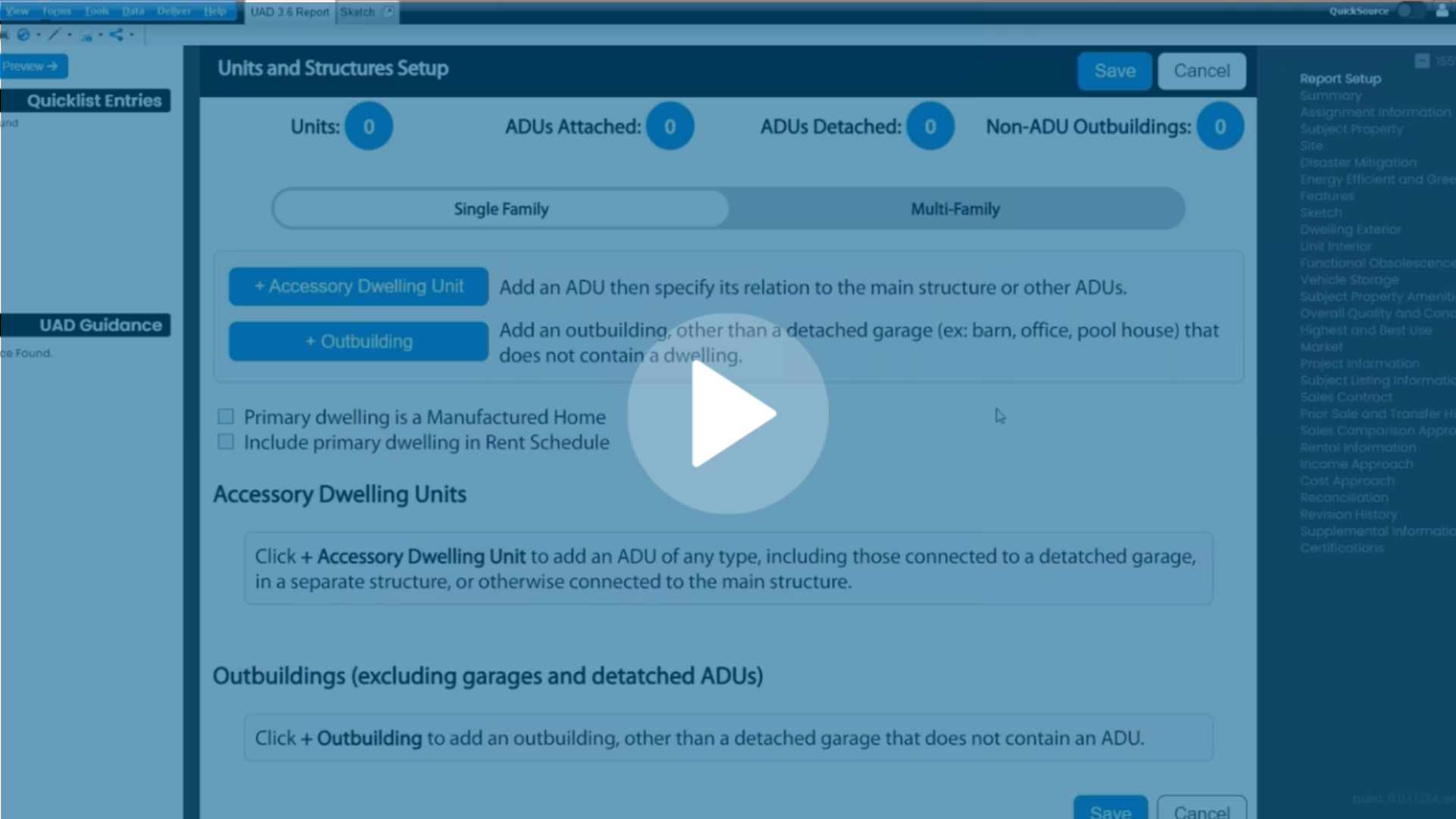
.png)

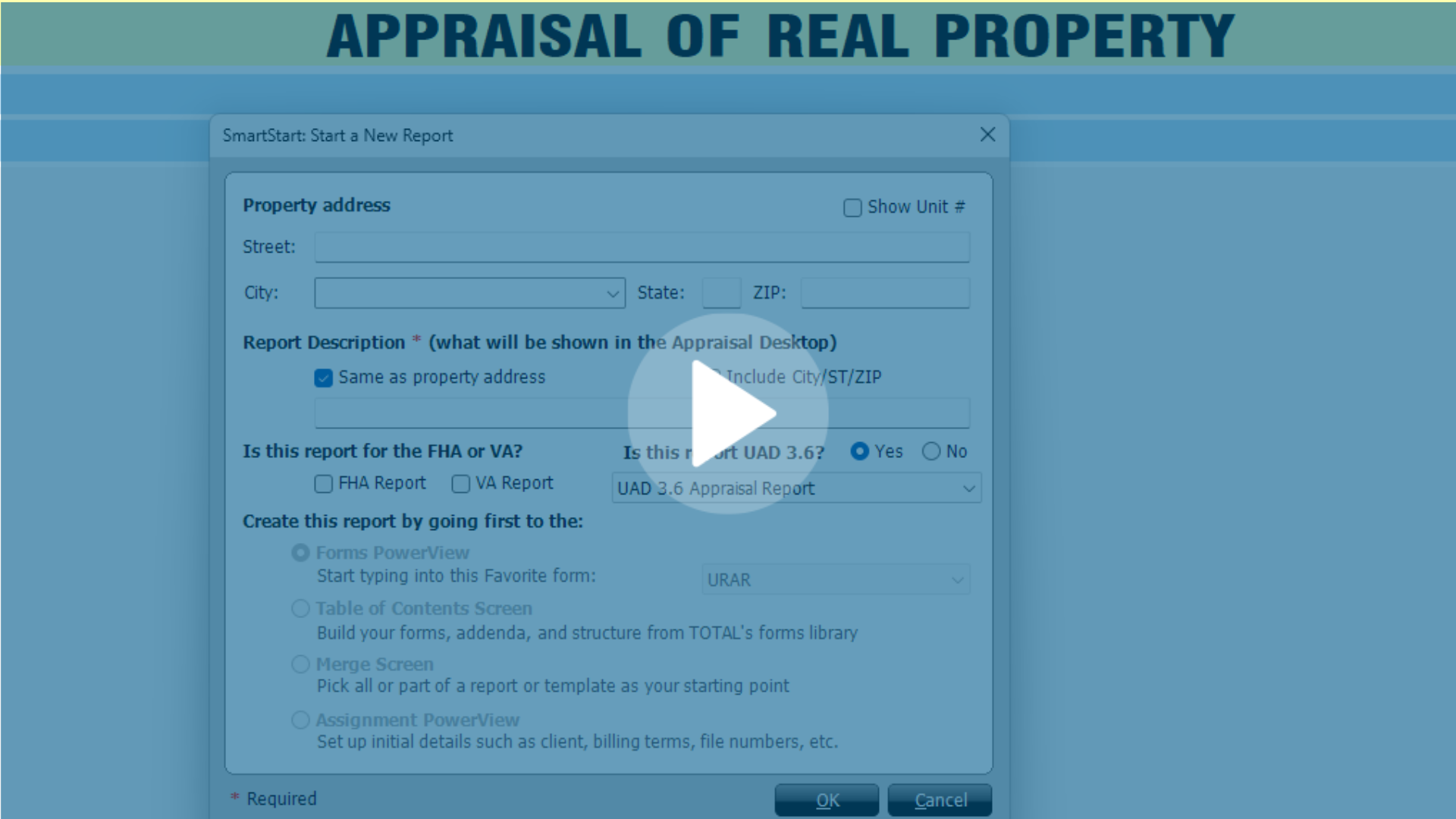


.png)
-1.png)
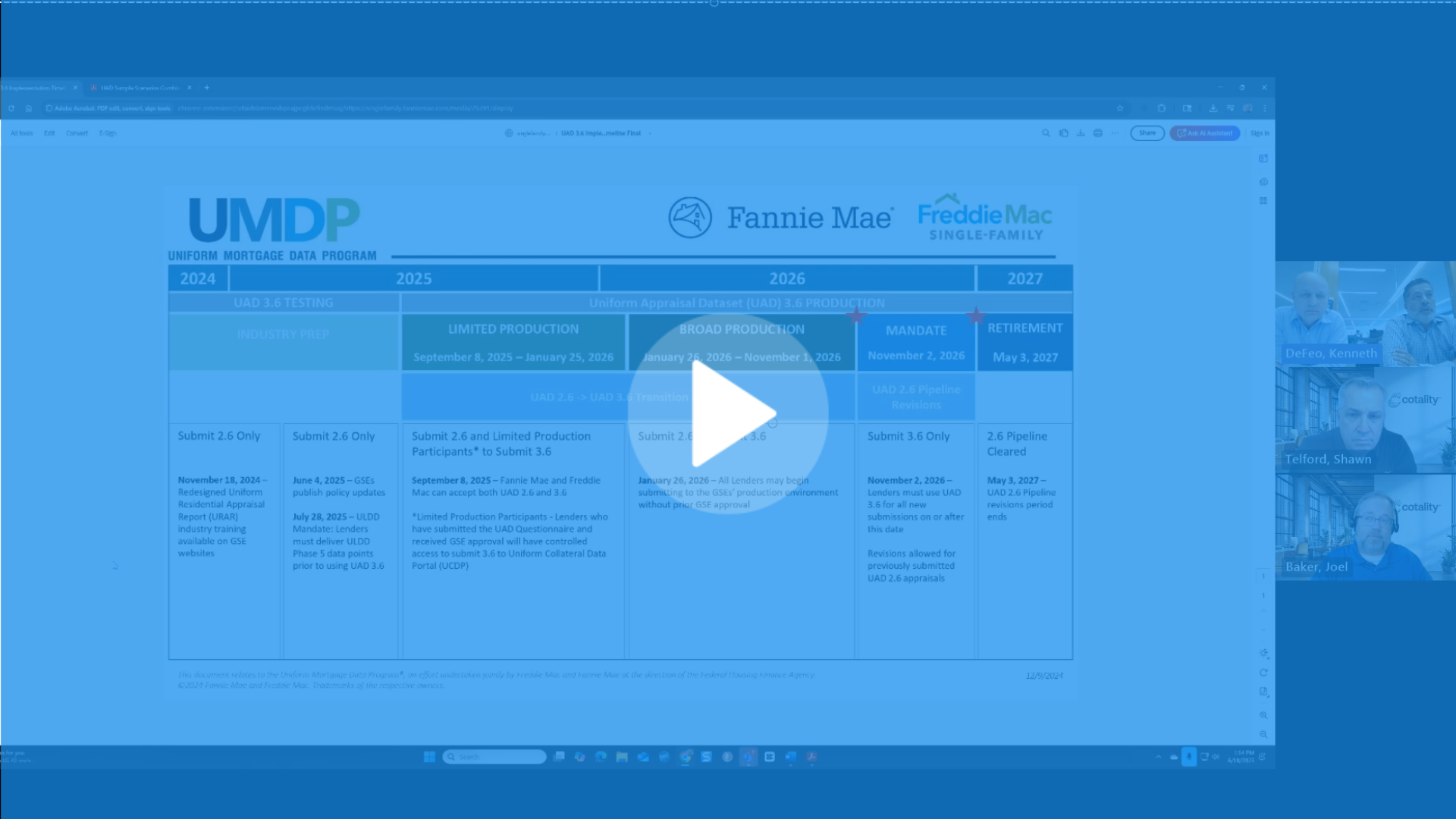
.png)
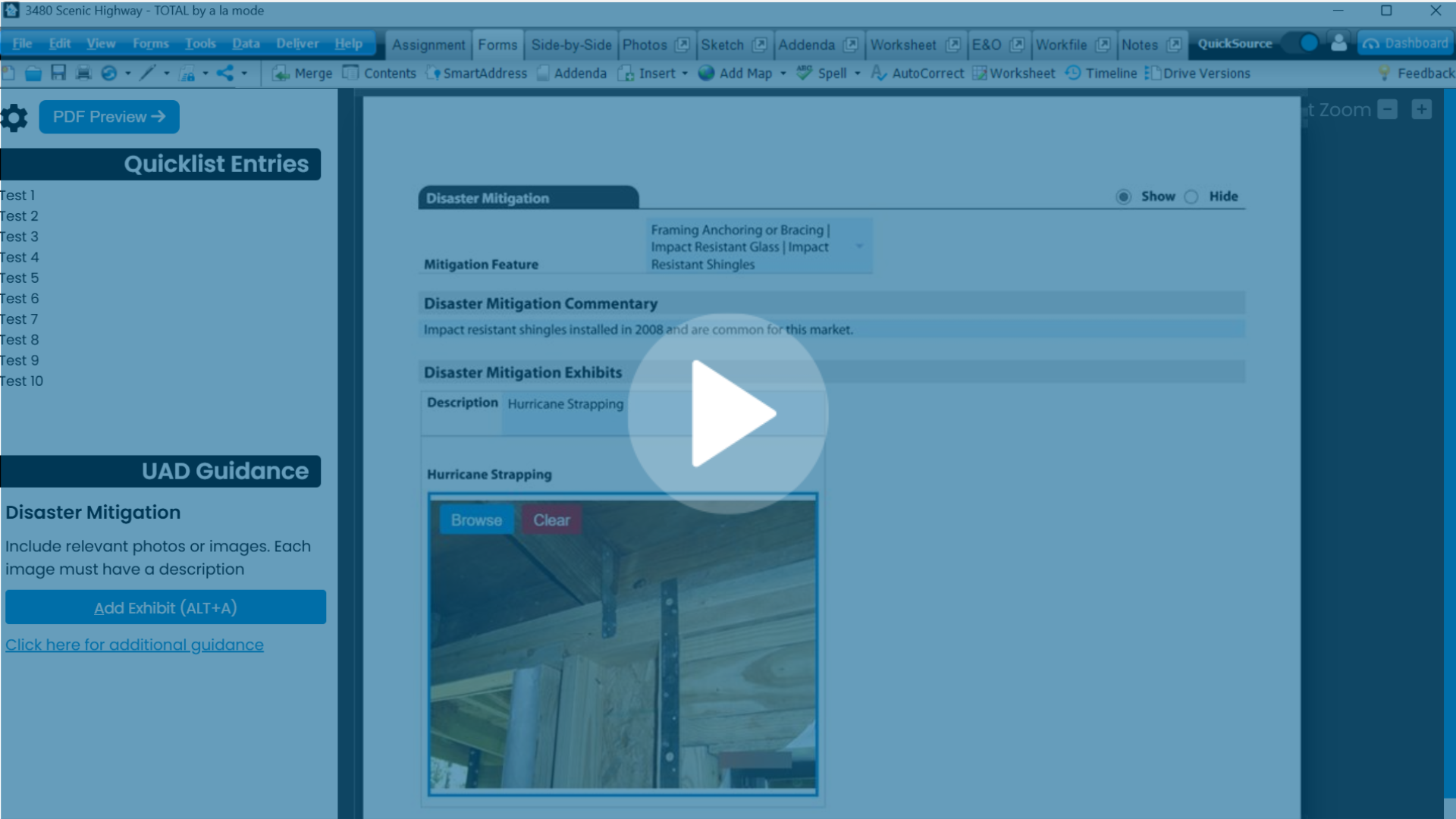
.png)
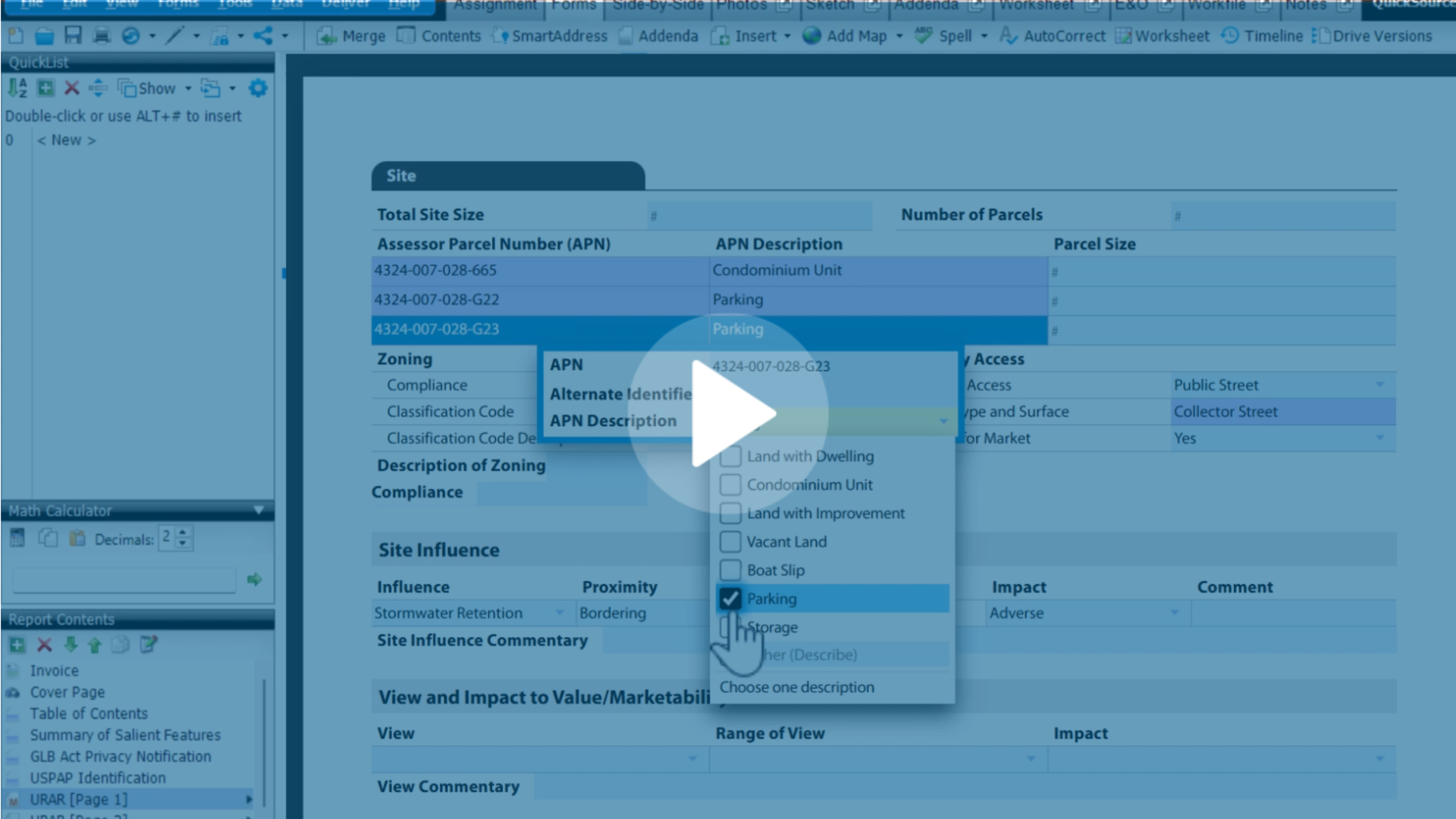
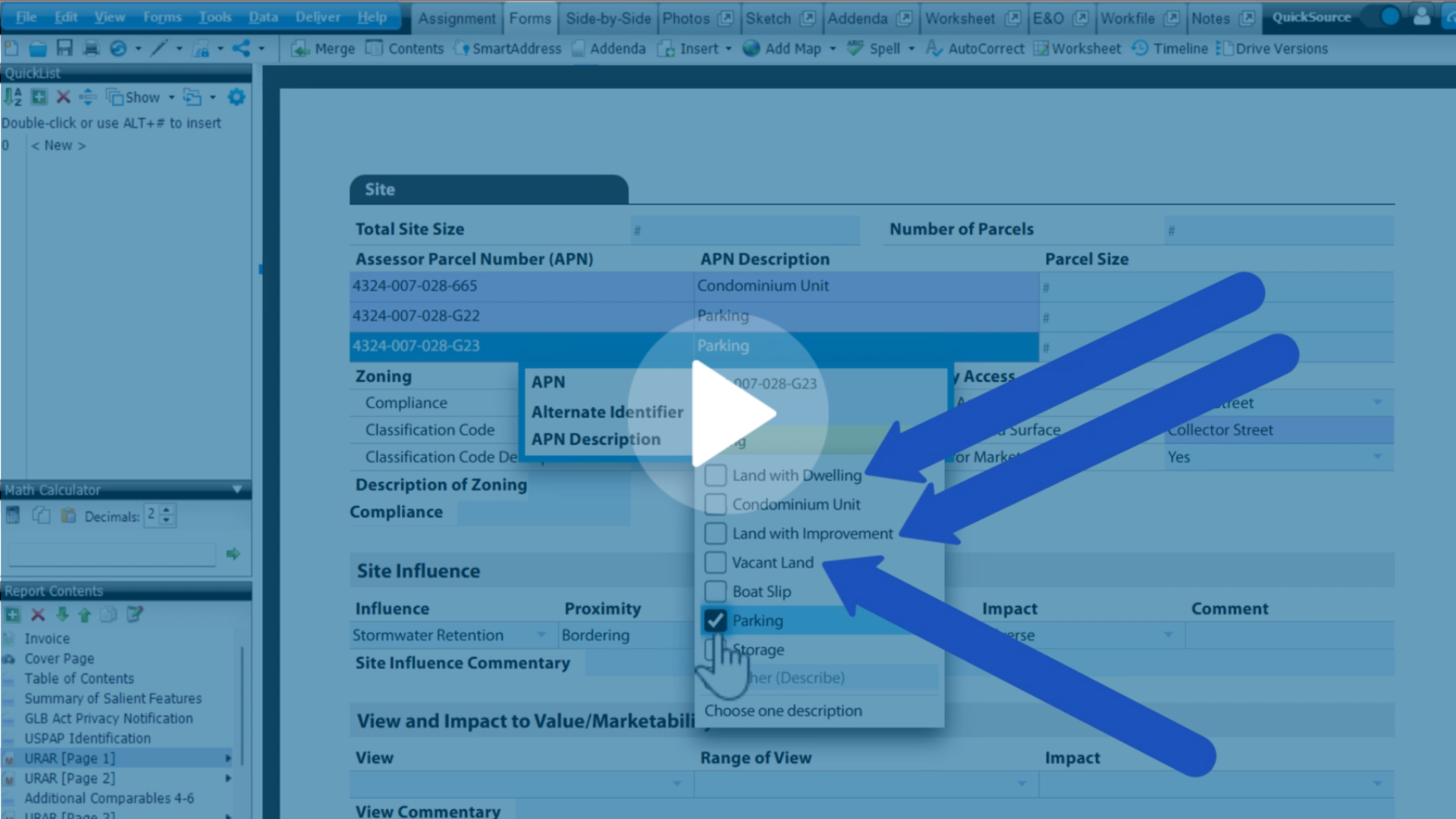
.png)
.png)
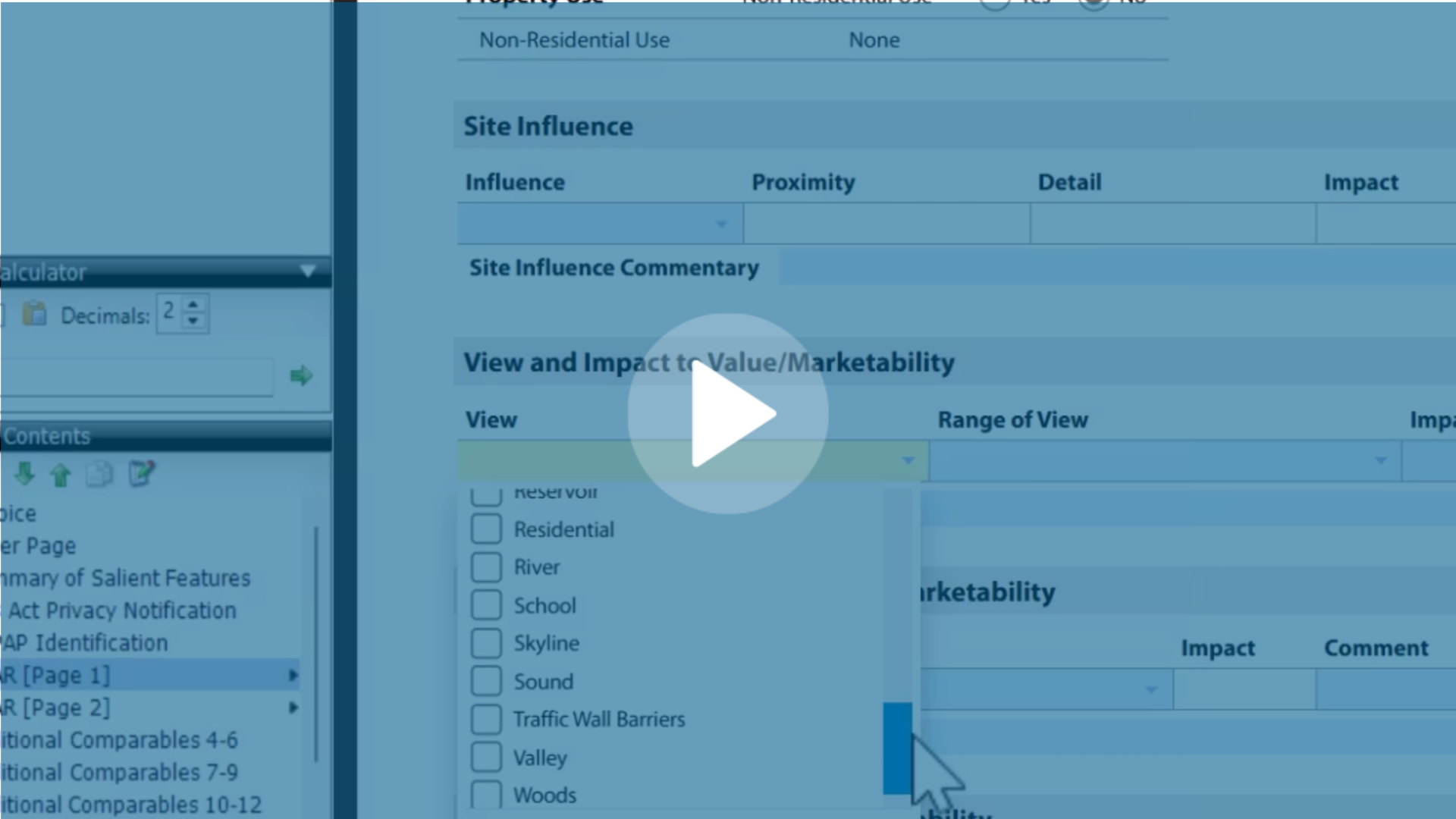
.jpg)
.png)
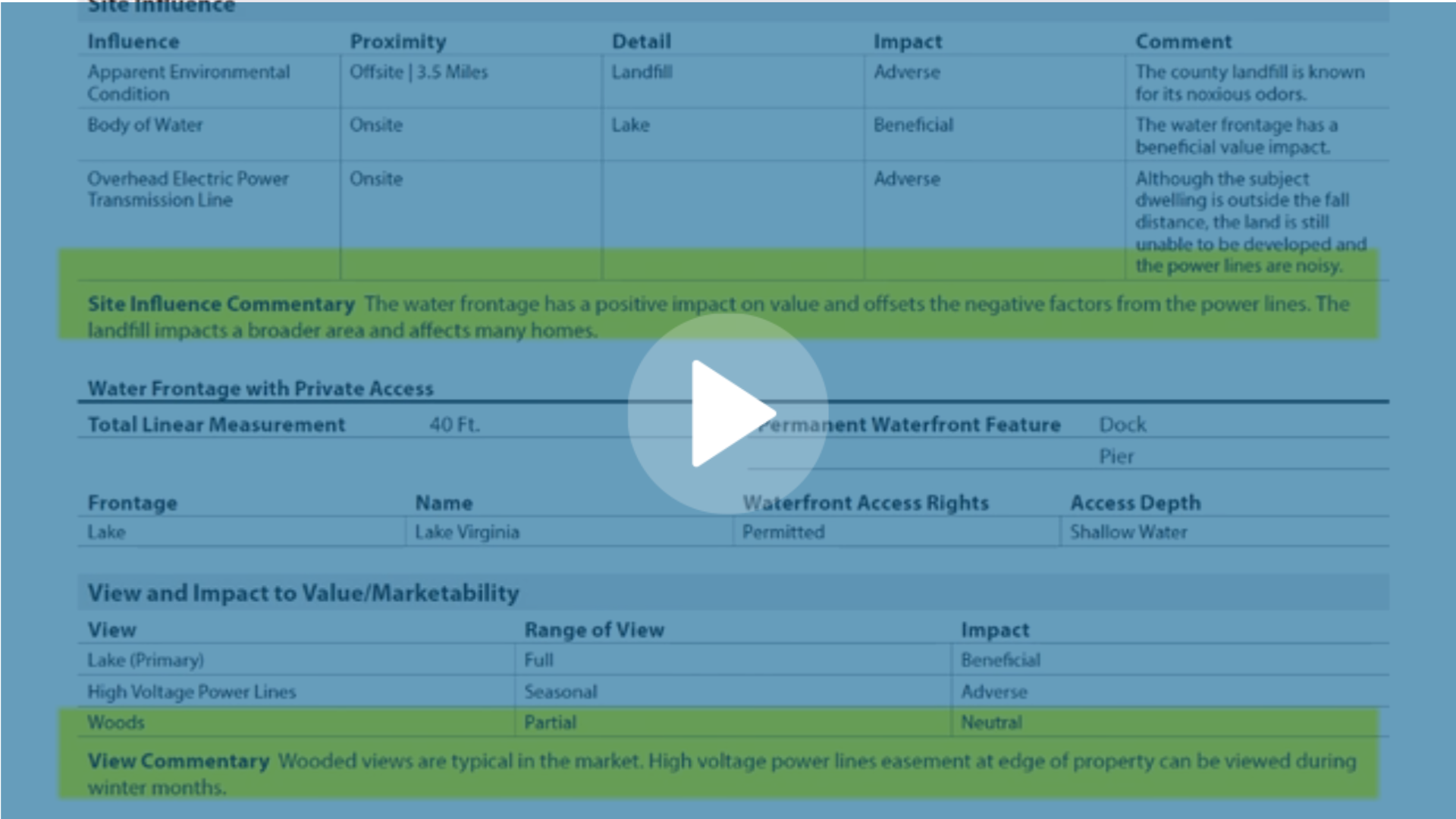
-1.png)



